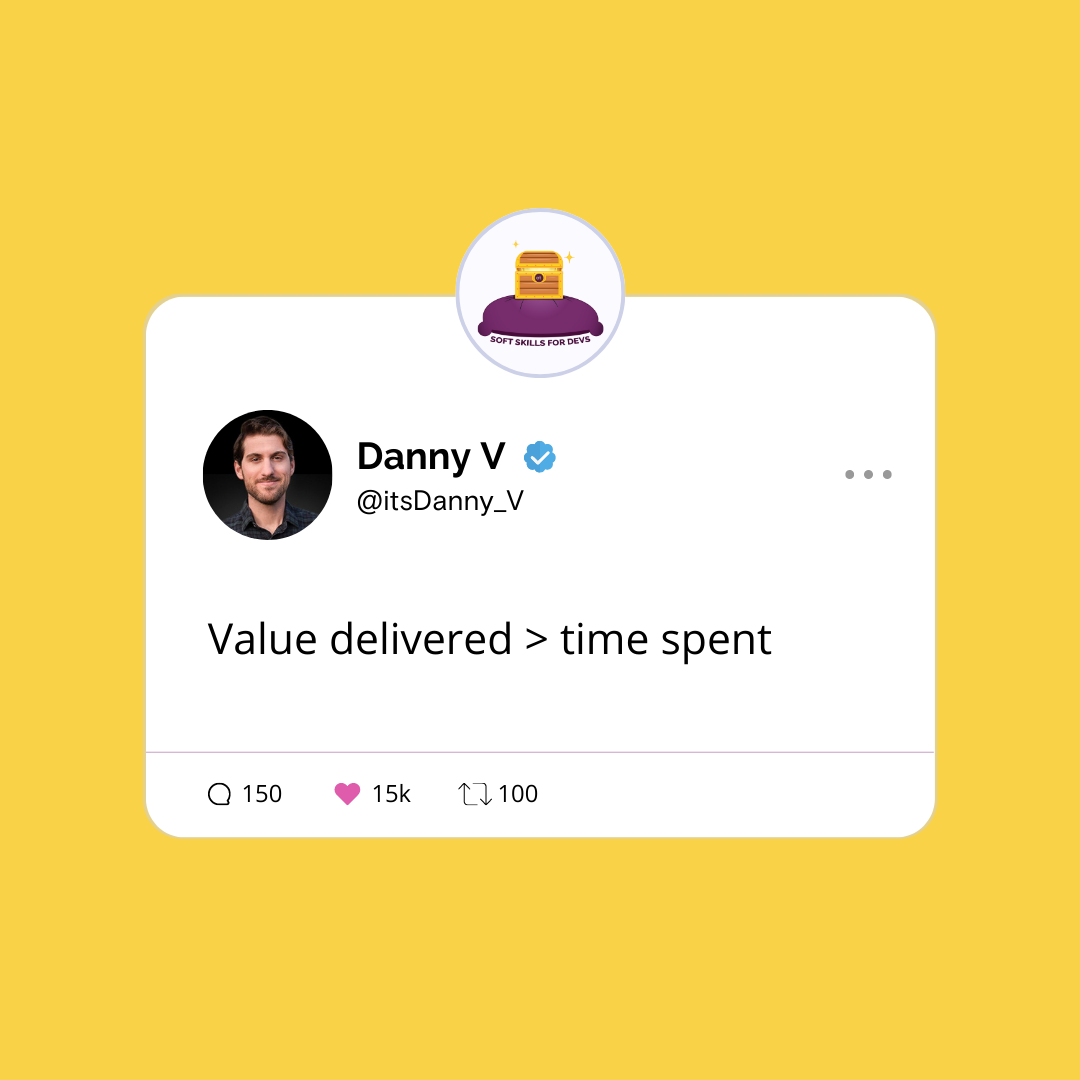Going Pro in your Career
What got you here won't get you there. Navigating the shift from beginner to pro requires a different skill set, but is crucial for your growth and advancement.
What separates an amateur from a pro?
The teenager's eyes lit up with excitement as he learned how to perform a new basketball shot called the "dropback three." He had been practicing for weeks, honing his skills and perfecting his technique. Now, as he confidently stepped back and launched the ball toward the hoop, he felt an incredible rush of adrenaline. The ball soared through the air, perfectly arcing towards the basket, and with a satisfying swish, it fell through the net. The teenager couldn't contain his joy, jumping up and down and pumping his fists in the air, proud of his new accomplishment.
The same teenager is now a professional athlete working on a subtle shift of his hips to the right, a small but crucial adjustment that would enable him to fake the dropback three and fade to the left. He had been practicing this move for years, constantly refining and perfecting it until it was second nature. To someone unfamiliar with basketball, it might seem like a trivial movement, but to the athlete, it was everything. It was the difference between winning and losing.
Personal growth and dedication can lead to mastery in any field.
Recently a talented software developer I coach named FR, made a fascinating comparison between his role and that of a professional athlete and how personal growth changes as we advance in our careers. This analogy intrigued me, and I couldn't wait to hear more.
Starting out as a novice developer, he was exposed to a world of new concepts, techniques, and skills. He spent countless hours learning programming languages, algorithms, and data structures - much like an aspiring athlete who devotes their time to mastering the fundamentals of their sport.
During those early days, FR recalled the excitement of numerous "Aha!" moments, as he grasped new ideas and built muscle memory in both his fingers and his thought process. His rapid progress was both motivating and rewarding which fueled his passion for software development.
However, as time went on and FR advanced in his career, he noticed a shift in his growth. He was no longer making giant leaps but was instead focusing on the finer details. Just like professional athletes, instead of spending a year improving by minutes, they spend an entire year shaving mere seconds off their time. FR had entered the fine-tuning season of his role.
He recounted how, two years ago, he had been eager to implement unit tests in a client project. Fast forward to today, and the entire project is covered in tests. Now, his focus has shifted to refining those tests, refining the tests to run under 10 seconds.
We all experience this transition at some point in our careers. During this phase, it can feel like you’ve hit a plateau and you might worry that your career is becoming stagnant. This feeling can be demotivating and frustrating, especially when you see others around you advancing more quickly. You might think, “If I’m not growing at the same rate as others, I’m not growing at all!”
Instead of seeing this phase as a sign of complacency or lack of progress, try to reframe it as an opportunity for focused development and building a strong foundation for future success. If you find yourself in this phase of growth and aren't sure how to move forward, here are three tips to help you navigate this new territory:
1. Seek feedback from peers, mentors, or supervisors.
Their input can offer valuable insights into areas where you can refine your skills and reveal blind spots you hadn't considered. What got you here, won’t get you there. We all need fresh perspective.
2. Identify high-impact aspects of your role.
Concentrate on the parts of your job that will make the most significant difference. Prioritizing these areas will ensure that your fine-tuning efforts are directed toward the most meaningful improvements.
3. Measure your progress and evaluate your fine-tuning efforts.
Establish metrics or milestones to help gauge your improvement. Regularly assess your progress and adjust your approach as needed to optimize your growth.
Embrace this new phase of growth and remember that fine-tuning is an essential part of becoming a true professional. It's the subtle refinements that ultimately separate the amateurs from the pros.
We prioritize career and development coaching at Clevertech. Oftentimes this shift from beginner to pro is one that requires skillful guidance. If you would like to learn more about the career opportunities we currently have, click here. We’d love to talk with you.





